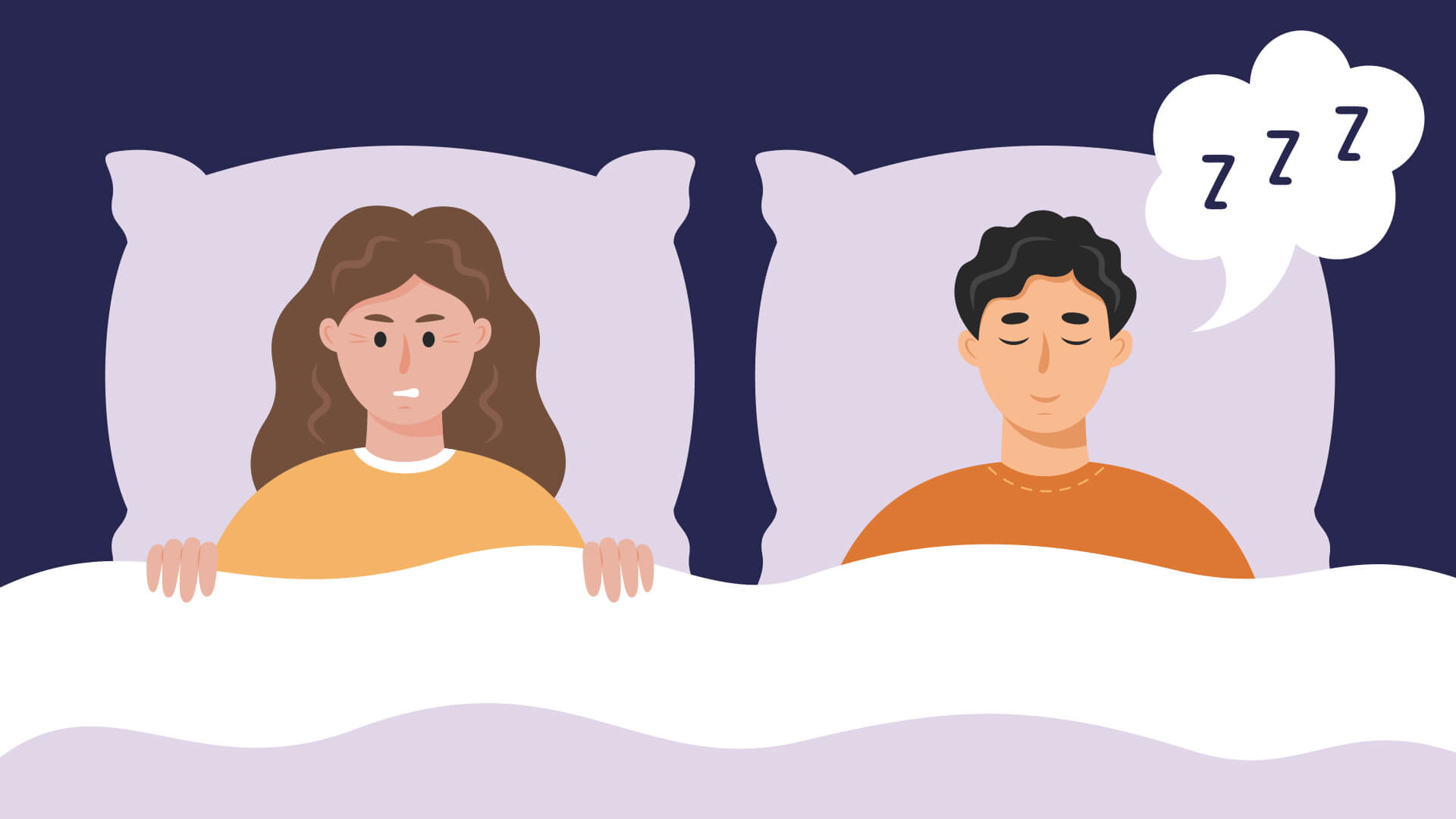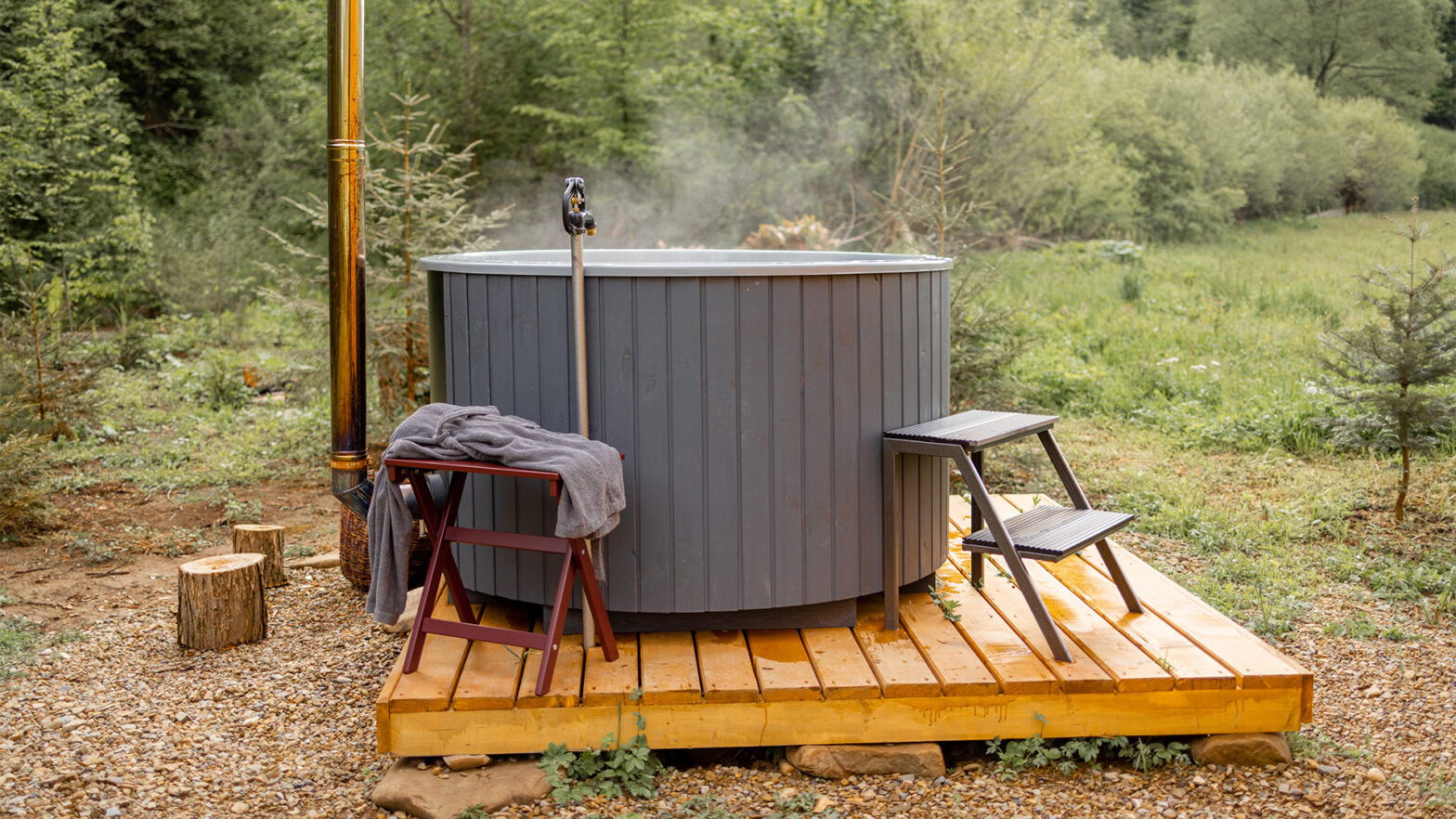
Martin Seeley, Sleep Expert and CEO of MattressNextDay:
How do high humidity levels affect your sleep?
High humidity levels can have several negative effects on sleep quality, including:
Discomfort: High humidity makes the air feel heavy and damp, leading to a sticky and uncomfortable sensation. This can make it difficult to find a comfortable sleeping position and cause general discomfort throughout the night.
Difficulty in regulating body temperature: Humidity interferes with the body’s natural cooling mechanism, which involves evaporation of sweat from the skin. When humidity levels are high, sweat evaporates slower, making it harder for your body to cool down. As a result, you may feel hot and sweaty, leading to restlessness and difficulty falling asleep.
Increased risk of dehydration: In humid conditions, you may sweat more than usual, even during sleep. This can contribute to dehydration if you don’t consume enough fluids to compensate for the increased moisture loss. Dehydration can disrupt sleep and lead to other health issues.
Disrupted breathing: High humidity can exacerbate respiratory problems, such as asthma or allergies. Excess moisture in the air can trigger nasal congestion, wheezing, and difficulty breathing, making it harder to sleep soundly.
Increased risk of mold and dust mites: Humid environments provide favorable conditions for mold growth and dust mite populations. These allergens can cause or worsen respiratory allergies, leading to sneezing, coughing, and congestion that can disturb sleep.
Poor air quality: High humidity levels can contribute to poor indoor air quality. Moisture in the air can trap and retain pollutants, such as dust, pet dander, and mold spores, making the sleeping environment less healthy. Breathing in these pollutants can lead to irritation, allergies, and other respiratory issues, impacting sleep quality.
Why does high humidity cause sleep issues for some people and not others?
Humidity affects sleep differently for individuals due to various factors, including personal preferences, sensitivities, and individual physiological responses. Some individuals are more sensitive to changes in their environment, including humidity. They may be more prone to discomfort and sleep disruptions when exposed to high humidity levels.
Others may be less sensitive and able to sleep soundly regardless of the humidity. Each person has their own ideal sleep environment. While some individuals prefer a cooler and drier sleeping environment, others may feel more comfortable with higher humidity levels. Personal preferences play a significant role in how humidity affects sleep quality.
The body’s ability to regulate temperature varies among individuals. Some people naturally have more efficient temperature regulation mechanisms, allowing them to adjust to different humidity levels during sleep without significant disruptions. Others may struggle with temperature regulation, leading to discomfort and sleep disturbances in high humidity.
People with certain health conditions may be more susceptible to the negative effects of high humidity on sleep. For example, individuals with respiratory conditions like asthma or allergies may experience worsened symptoms in humid environments, leading to sleep difficulties.
Individuals who live in regions with consistently high humidity levels may become more acclimated to the conditions over time. Their bodies may adapt to the environment, allowing them to sleep relatively well despite the high humidity. Conversely, individuals who are not accustomed to high humidity may find it more challenging to adjust and experience sleep disruptions.
The availability and use of air conditioning or other means of environmental control can greatly influence how humidity affects sleep. Those with access to effective cooling and dehumidification systems may be able to mitigate the negative effects of high humidity on their sleep quality.
While some individuals may experience sleep disturbances in high humidity, others may not be significantly affected. It’s a combination of personal factors, environmental conditions, and overall health that contribute to the impact of humidity on sleep.
How can I mitigate the negative effects of high humidity on sleep?
1. Use air conditioning or a dehumidifier: Air conditioning helps to cool and dehumidify the air in your bedroom. Set your AC to a comfortable temperature and humidity level to create a more pleasant sleeping environment. If you don’t have air conditioning, a dehumidifier can help remove excess moisture from the air.
2. Use fans or ventilation: Circulating air with the help of fans or opening windows can improve airflow and reduce humidity levels in your bedroom. Consider using a ceiling fan, a standing fan, or a bedside fan to promote air circulation and create a breeze that aids in evaporating sweat from your body. However, do not run your fan all night as this could trigger allergies from dormant dust particles as well as running the risk of waking up with dry eyes and irritation.
3. Choose breathable bedding materials: Opt for breathable bedding materials such as cotton or bamboo sheets, which allow for better airflow and moisture absorption. Avoid synthetic materials that can trap heat and moisture against your body, leading to discomfort.
4. Use moisture-wicking sleepwear: Wear lightweight, moisture-wicking sleepwear made of natural fibers like cotton or bamboo. These materials help absorb sweat and keep you cooler and drier during the night.
5. Keep your bedroom well-ventilated: Ensure that your bedroom has adequate ventilation. Open windows or use exhaust fans to remove humid air and promote fresh airflow. Cross-ventilation can be beneficial for reducing humidity levels.
6. Avoid additional sources of humidity: Minimize activities that add moisture to the air, especially in the evening. For example, avoid drying clothes indoors, taking hot showers right before bed, or using humidifiers unless necessary for specific health reasons.
7. Maintain a clean sleeping environment: Regularly clean your bedroom to reduce allergens like dust mites and mold. Dust surfaces, vacuum carpets, and wash bedding frequently to ensure a cleaner and healthier sleeping environment.
8. Stay hydrated: Drink plenty of water throughout the day to stay properly hydrated. This can help counteract the potential dehydration caused by excessive sweating during humid nights.
















